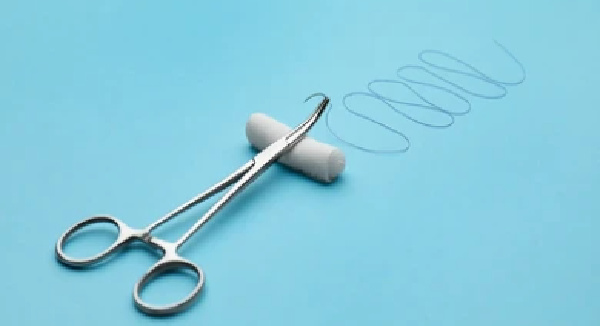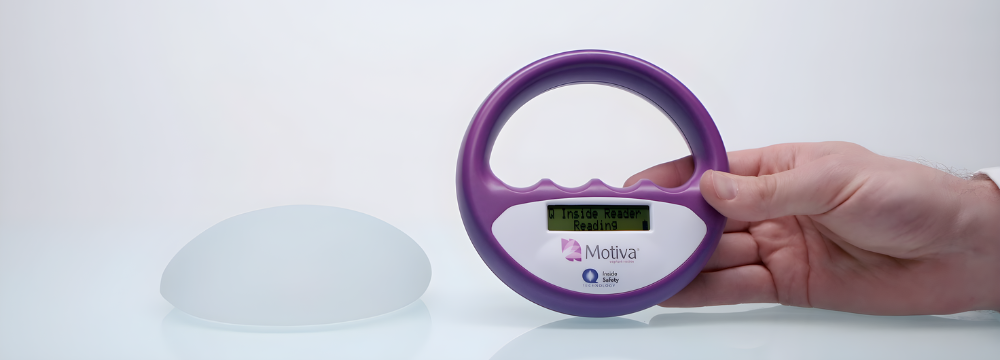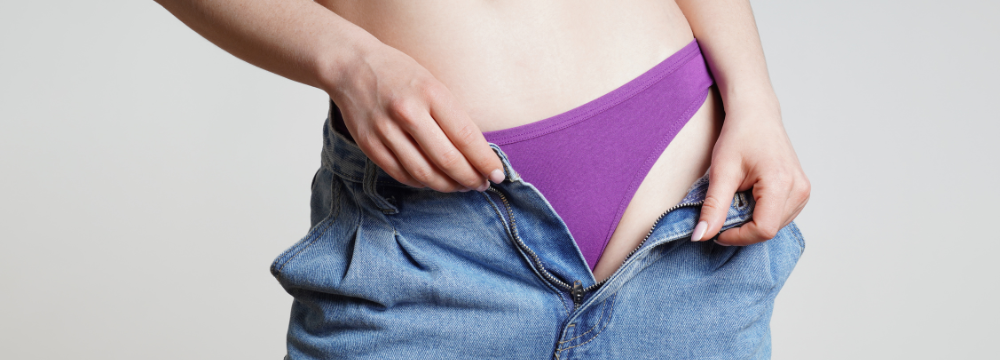What Are Dissolvable Stitches?
When preparing for Thailand plastic surgery, no matter the procedure, you will at some point stumble across images or descriptions of the recovery process. Recovery from any type of surgical procedure typically involves sutures—stitches that are used to close you back up after surgery. Dissolvable stitches are commonly used to close plastic surgery incisions as they are very safe and enable our Surgeons to re-join multiple layers of tissue (i.e. deep wounds).
How Dissolvable Stitches Work
Ok, great, you say, but how do dissolvable stitches work? Well, that all comes down to what they are made of. Dissolvable stitches are made from either animal proteins or synthetic polymers. These ingredients absorb readily into the body, dissipating on their own over time. In most cases, you won’t need to worry about them—they’ll be there when you wake from surgery then, part way through your recovery, they won’t.
Sometimes dissolvable stitches generate an inflammatory response. Your body’s natural immune system may identify the sutures as a ‘threat’ or something that doesn’t belong. To combat the foreign object, your body will fight to break the stitches down. This is normal, and only adds to the dissolving process, however it’s important that you follow your Surgeon’s tailored post-surgery advice and keep in contact with your Client Manager just in case you do become concerned (more on this below).
How Long Do Dissolvable Stitches last?
If you’re wondering how long your stitches will last, unfortunately we don’t have a straightforward answer. In most cases, dissolvable stitches will start to break down or fall out within 1 to 2 weeks. In some cases, however, they can last for a few months. The timeframe for your stitches dissolving completely will depend on:
- Your body’s unique healing ability
- The type of surgical procedure you have
- The material your dissolvable stitches are made from
- The size of the suture used to close your incision
To ensure that your stitches dissolve without complications, it’s important to keep them dry for at least 5 days. If you’re planning on putting cream or ointment on your scars while they heal, be sure to clear this with your Surgeon first. For an accurate estimate on how long your dissolvable stitches will last, speak to your Surgeon directly.
When to Worry About Your Stitches
Dissolvable stitches are safe and, in most cases, dissipate on their own without any cause for concern. It’s not unusual for a dissolvable stitch to poke out from under the skin before it has completely dissolved; however, if it does, it’s important that you don’t touch, move, or play with it. Unless your wound has opened, it is bleeding, or showing other signs of infection, there’s no cause for alarm.
If there are signs of wound opening or infection, it’s important that you contact us straight away. Signs of infection include:
- Redness
- Swelling
- Warm to touch
- Oozing pus
- Fever
- Pain
Even if infected, we ask that you do not try to remove a dissolvable stitch on your own. Instead, take a photo and email it to your Client Manager so that they can review it and offer you guidance. As part of the CosMediTour process, you are entitled to ongoing support once you return home from Thailand. It is the role of your Client Manager to monitor your recovery in partnership with your Surgeon—they can contact your Surgeon on your behalf if there’s a cause for concern.
Dissolvable Stitches Not Dissolving?
If you notice that your dissolvable stitches are not dissolving, or that you have a loose stitch, please do not act on your own. Without proper consultation, this could negatively affect your healing process and result in more noticeable scarring. Treat your loose or still present stitch as you would an infected one—take a photo and email it to your Client Manager for review. Your Client Manager will be able to put you in touch with your Surgeon if necessary and may also suggest that you visit your GP to safely remove or trim the dissolvable stitch in question. In most cases, however, the stitch will heal on its own.
Find Out More About Recovery
To learn more about what to expect during recovery from your procedure, take a look at our most frequently asked questions. For more information on Thailand plastic surgery, contact our friendly Client Support Team on 1300 000 633.
Disclaimer: Please note that any information provided should be used only as an information guide and not CosMediTour giving advice. Please ensure you do your own valid surgery research and seek advice from a General Practitioner to enable you to be fully informed about surgery.










